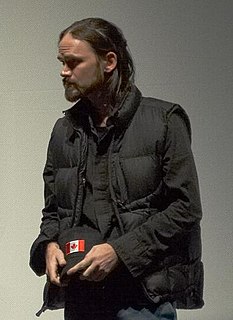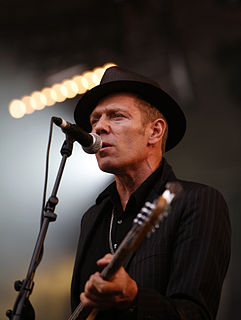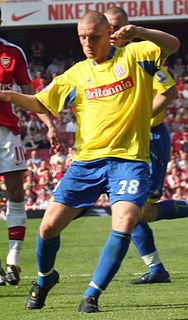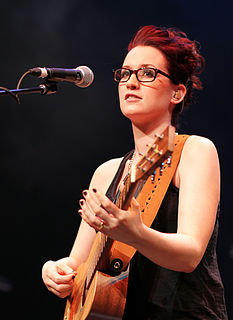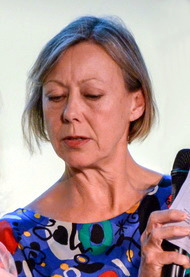A Quote by Jeremy Davies
When you write a novel or paint a picture, you have the opportunity to approach it and back off, tear up pages, write, rewrite, paint over, and come back to it. In film, once you start shooting, you can't restart the clock, and you keep moving forward, and you don't look back, and you don't go back. And that is, of course, antithetical to the creative process. It's really hard to generate a comfortable creative flow under that kind of pressure.
Related Quotes
I say to my students that I can't teach them how to write a good song, but I can teach you how to write a better song. Talking about this idea of it being a process. By going back and not settling for something and find a way to step back from your songs-which is a very hard thing to do-but when you're stuck or you can't move forward, start doing some polishing.
I look at people like Picasso and Da Vinci and Escher and Miles Davis, and they'll write or paint that one definitive masterpiece of maybe 50 that they have that's really trying to go outside the box, trying to do something that's tough. And then when you accomplish it, you look back and go, 'Yeeaaaah - masterpiece.'
It's hard to transport myself forward in time, and the scarcity of opportunity back then kind of fueled my ambition. But back in my day, every family I knew had a Super 8 camera, and that's what I first picked up. We adapt to the technology we have available. But for the kids of today, they can really make something great with what is available.
In playwriting, you've got to be able to write dialogue. And if you write enough of it and let it flow enough, you'll probably come across something that will give you a key as to structure. I think the process of writing a play is working back and forth between the moment and the whole. The moment and the whole, the fluidity of the dialogue and the necessity of a strict construction. Letting one predominate for a while and coming back and fixing it so that eventually what you do, like a pastry chef, is frost your mistakes, if you can.
